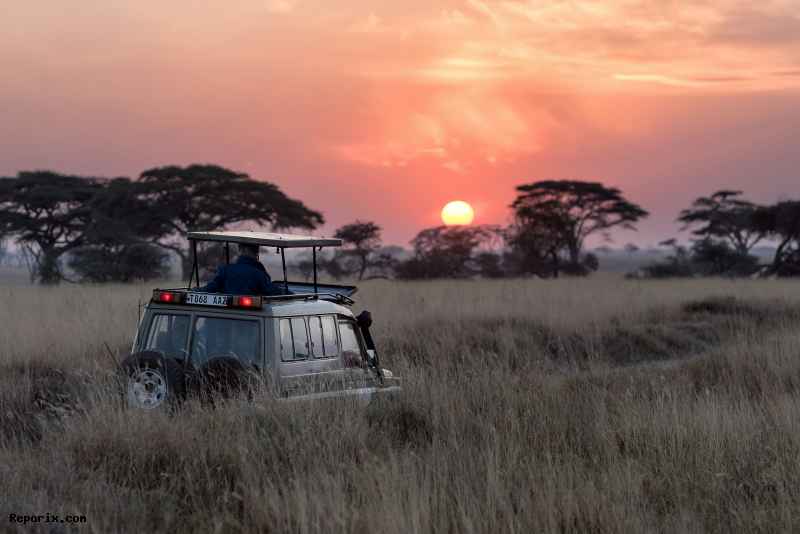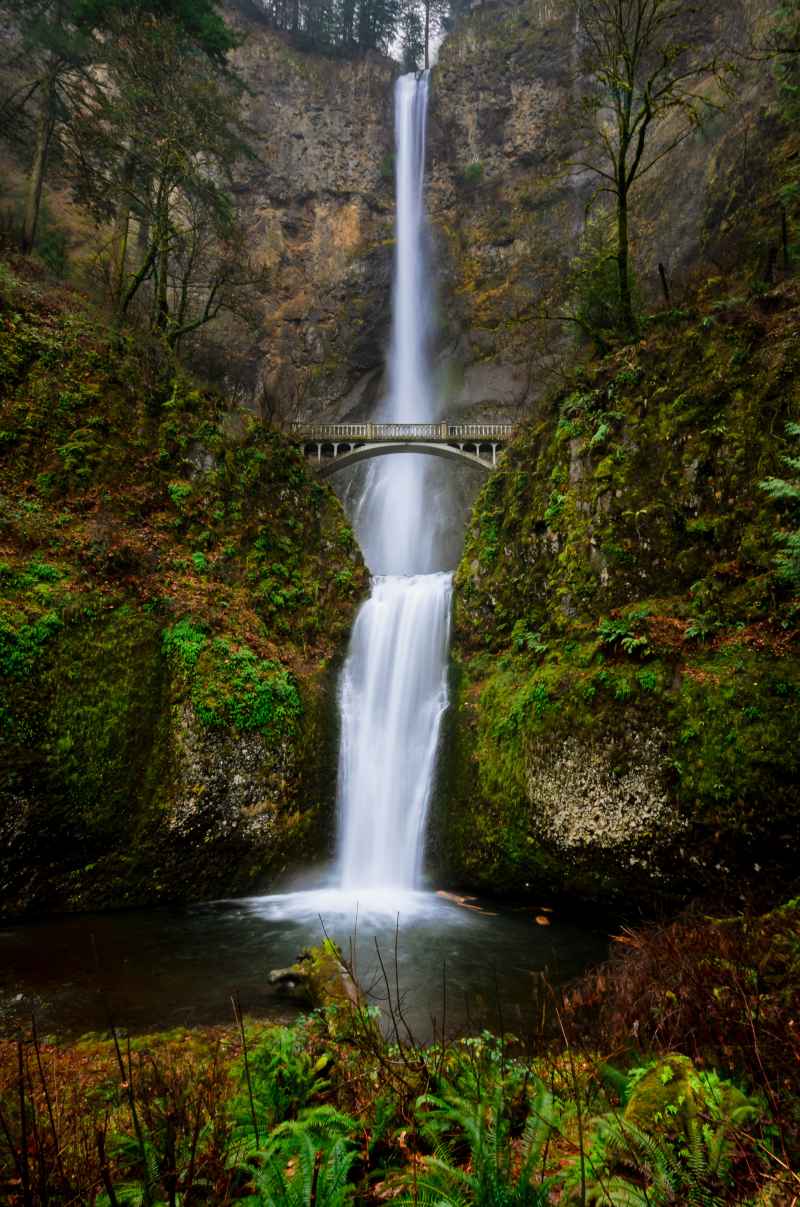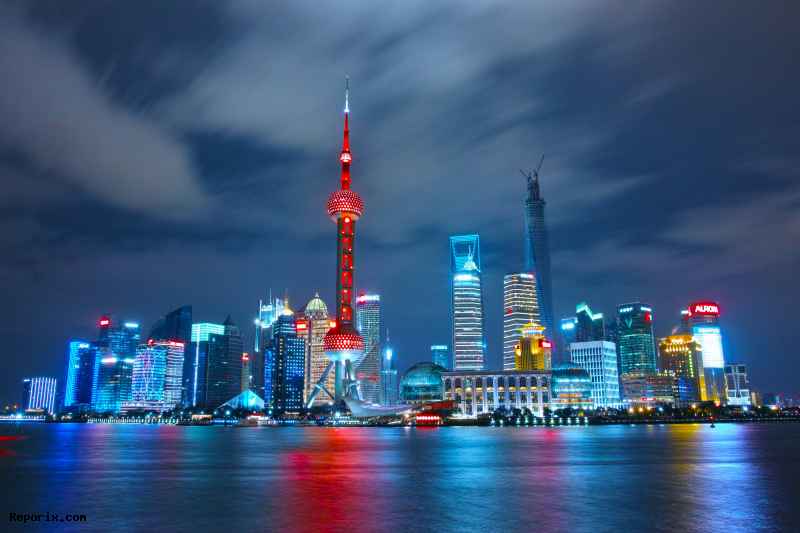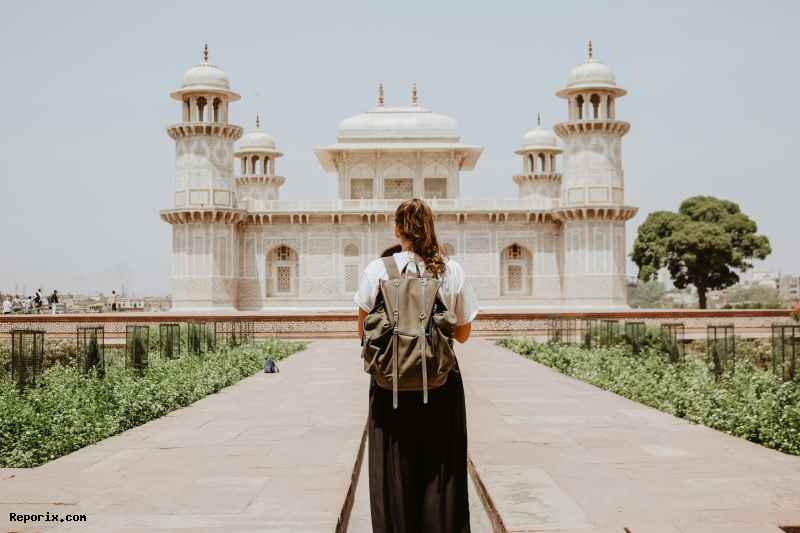Traveling through Africa with your own vehicle is a dream shared by many adventure lovers. Overlanding – the art of exploring the world by land – stands for freedom, simplicity, and deep immersion in nature and local culture. But before you set off, thoughtful planning is essential to make your journey both safe and unforgettable.
One of the most iconic routes is the journey from Cape Town to Cairo. Spanning more than 12,000 kilometers, it takes you through stunning landscapes such as the Namib Desert, the vast plains of the Serengeti, and the lush Nile Delta. A slightly easier but equally rewarding option is the East Africa route, passing through Kenya, Tanzania, and Uganda – home to a dense network of national parks and wildlife reserves. If you're more drawn to culture, the West Africa route from Morocco to Ghana offers rich history, vibrant markets, and coastal colonial cities. However, travelers should be cautious in countries like Niger, where overland travel is currently only advised with military escort due to security concerns.
Choosing the right vehicle is crucial for an overland trip. Most travelers rely on rugged 4x4s such as the Toyota Land Cruiser, known for its reliability, or the legendary Land Rover Defender, beloved for its off-road capabilities and iconic look. For longer expeditions or added comfort, some opt for converted trucks equipped with beds, kitchens, and even solar-powered electricity systems.
Good gear is just as important as the vehicle itself. A second spare tire could mean the difference between getting stuck and moving on. Extra fuel tanks allow for greater range, and solar panels make it easier to camp off-grid for longer periods. Those heading into remote areas should bring a water filtration system, basic tools, and essential spare parts – even a small compressor can be a lifesaver.
Administrative preparation is also key. In many African countries, you'll need a Carnet de Passage, an international customs document for your vehicle. An international driving permit is required as well, and a yellow fever vaccination certificate is often checked at borders. It’s highly recommended to consult a travel health clinic or tropical medicine specialist before departure.
When it comes to safety, a few basic rules go a long way. Avoid driving at night, as roads are often poorly lit and full of unexpected obstacles like animals or potholes. Research border crossings in advance, and use local SIM cards to stay connected and access real-time information. Offline GPS apps like Maps.me or Gaia GPS can help with navigation, even when you’re off the grid.
Budget-wise, expenses can vary widely depending on your route, vehicle, and travel style. Expect to spend between $22,000 and $66,000 on the vehicle alone, depending on whether you buy it used, upgrade it extensively, or rent it. Daily travel costs – including fuel, food, park fees, and accommodation – typically range from $33 to $88 per day. Always budget extra for repairs, emergencies, and visa fees. That said, there are many ways to keep costs down – like wild camping, shopping in local markets, or sharing fuel expenses with fellow travelers.
In 2024, there are a few challenges to consider. The political situation in parts of West Africa remains unstable, particularly in Niger. In addition, ongoing droughts across the Sahel region can affect water availability and road conditions. On a positive note, Starlink satellite internet now works across the entire continent, offering reliable internet access even in the most remote areas – a major asset for navigation and emergency communication.
Africa Overlanding is not your average vacation. It’s a personal journey that pushes you out of your comfort zone and rewards you with powerful encounters, breathtaking landscapes, and a deeper understanding of yourself and the world. The best time to travel is during the dry season from June to October, when roads are more accessible and wildlife viewing is at its peak. In the end, this is more than a trip – it's a transformative experience that will stay with you for life.




